



 Tech & IT
Tech & IT
 Business
Business
 Coding & Developer
Coding & Developer
 Finance & Accounting
Finance & Accounting
 Academics
Academics
 Office Applications
Office Applications
 Art & Design
Art & Design
 Marketing
Marketing
 Health & Wellness
Health & Wellness
 Sounds & Music
Sounds & Music
 Lifestyle
Lifestyle
 Photography
Photography
More Learnfly
Business Solution Become an InstructorMicrosoft Access is a relational database management system. It provides tools to create and manage databases, enabling users to store, organize, and retrieve data. Access allows for the creation of forms, reports, and queries, making it a powerful tool for database development and management.
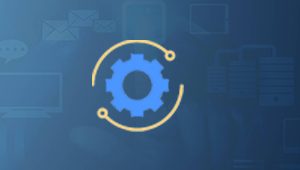
By : Muhammad Ismail
IT Troubleshooting Technical Support | IT Skill Tutorials learn about Information Tec...
4.3 977
3:2:48 hrs 26 lectures All Level
.jpg)
By : Muhammad Ismail
Desktop Support IT Support IT Fundamentals Training Course Technical Support Fundamen...
4 763
3:19:39 hrs 41 lectures All Level

By : Muhammad Ismail
IT Fundamentals CompTIA IT Fundamentals IT Fundamentals IT Support Desktop Support Co...
4.5 1524
2:58:18 hrs 27 lectures All Level

By : Bhollamanbhavani
A Compulsion Course for all Students and Working Professinals...
4.6 9763
2:11:58 hrs 42 lectures All Level
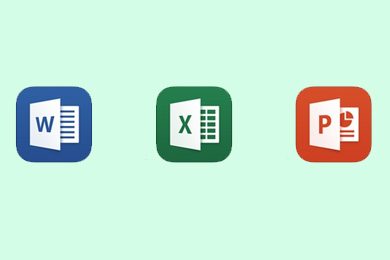
By : Chandramouli Jayendran
MS Office 2021-Microsoft Word, Excel, PowerPoint, Outlook, Access all in one place. V...
4.4 1178
12:7:26 hrs 158 lectures All Level
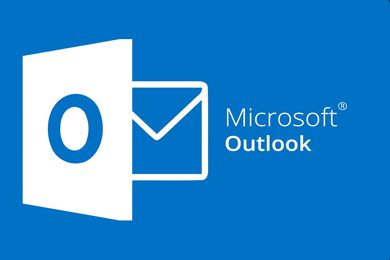
By : Jan Ekhteyari
Microsoft Outlook 365 - Microsoft Outlook 2016 - Microsoft Outlook 2019...
4.8 81025
3:13:36 hrs 61 lectures All Level
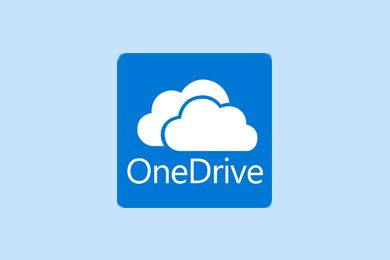
By : Jan Ekhteyari
Use OneDrive for Maximum Productivity - You Can Become the Master of One Drive - Enha...
4.2 5865
4:32:49 hrs 72 lectures All Level













 Jazeb Akram
Jazeb Akram 4.2 770929 Beginner Level

 John Hedengren
John Hedengren 4.1 568856 All Level

 Ranjan Pandey
Ranjan Pandey 4.1 346550 All Level

 Muhammad Ahsan Pervaiz
Muhammad Ahsan Pervaiz 4.2 101129 All Level

 Pieter Vliegenthart
Pieter Vliegenthart 4.6 100743 All Level

 Jerome P.
Jerome P. 4.8 100612 All Level

 Vikas Munjal
Vikas Munjal 4.8 99887 Beginner Level

 Senol Atac
Senol Atac 4.9 99831 All Level

 Avinash A
Avinash A 4.8 99743 All Level
.jpg)
 AKHIL VYDYULA
AKHIL VYDYULA58 Lectures All Level
.jpg)
 AKHIL VYDYULA
AKHIL VYDYULA50 Lectures All Level

 Biz Facility
Biz Facility 4 Lectures All Level

 Biz Facility
Biz Facility 22 Lectures All Level
_11zon_(1) (1).jpg)
 AKHIL VYDYULA
AKHIL VYDYULA5 Lectures All Level
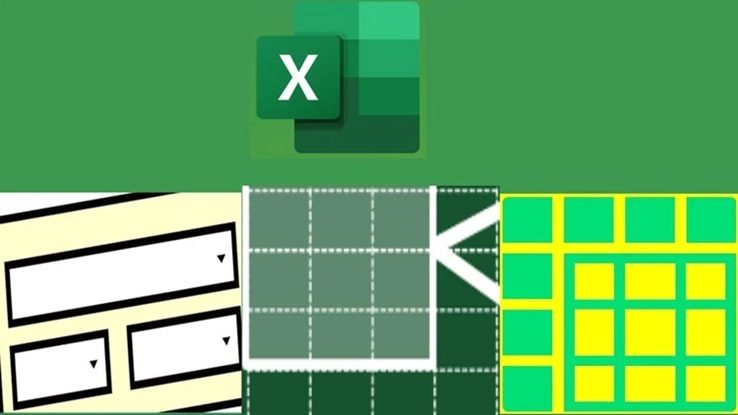
 Pamch Tutor M.Ed
Pamch Tutor M.Ed81 Lectures All Level
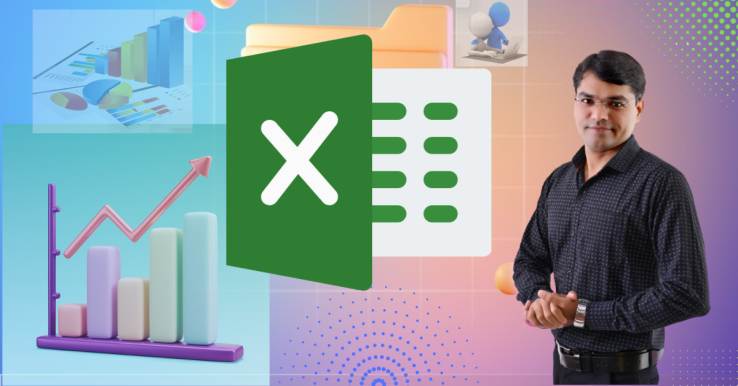
 Ashis Mondal
Ashis Mondal31 Lectures All Level
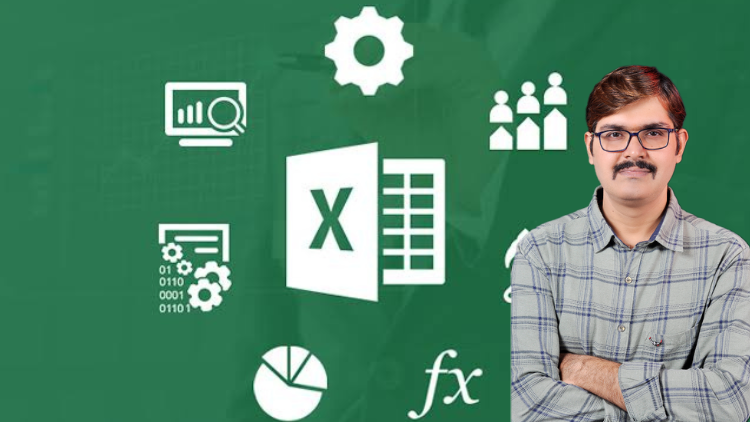
 Nikhil Lakhyani
Nikhil Lakhyani 75 Lectures All Level
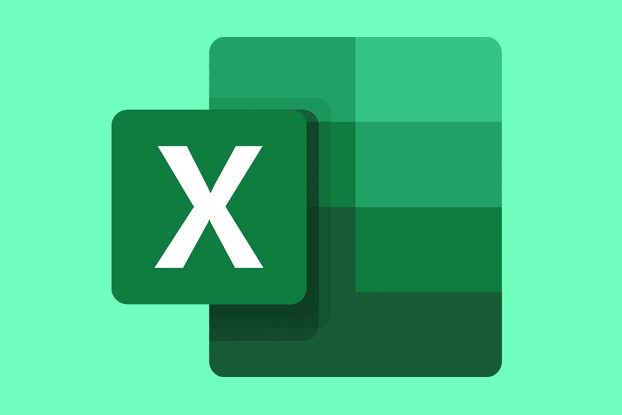

20 Lectures All Level
.jpg)
 Nhoeb Khan
Nhoeb Khan46 Lectures All Level
.jpg)
 Fredrick Ezeh
Fredrick Ezeh28 Lectures All Level
.jpg)
 Fredrick Ezeh
Fredrick Ezeh36 Lectures All Level
.jpg)
 Fredrick Ezeh
Fredrick Ezeh59 Lectures All Level
.jpg)
 Fredrick Ezeh
Fredrick Ezeh53 Lectures All Level
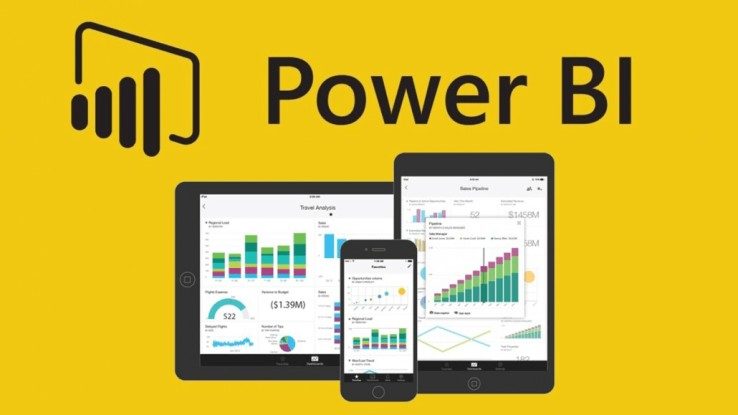
 Sahil Hasija
Sahil Hasija17 Lectures All Level
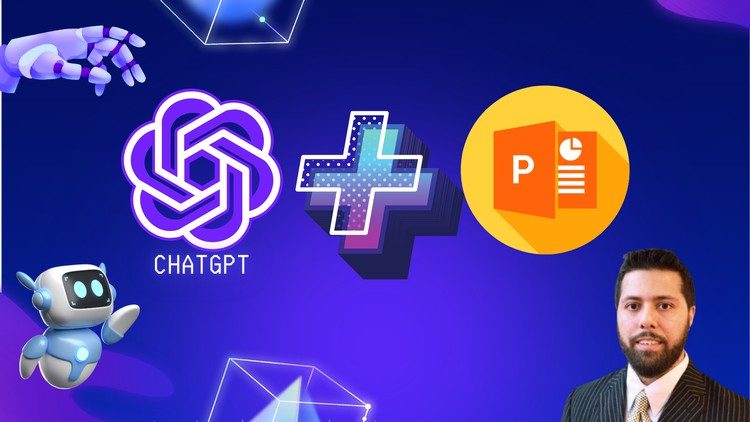
 Prof. M. Higazi
Prof. M. Higazi20 Lectures All Level

 AWESOME EMMANUEL
AWESOME EMMANUEL27 Lectures All Level
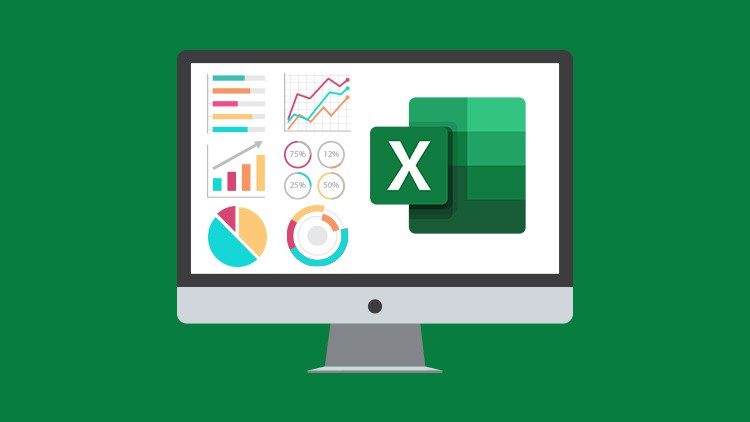
 AWESOME EMMANUEL
AWESOME EMMANUEL47 Lectures All Level
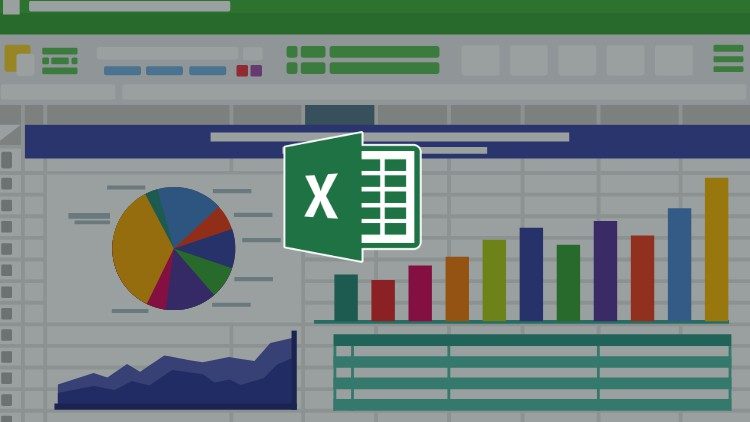
 Anshuman Tandon
Anshuman Tandon20 Lectures All Level
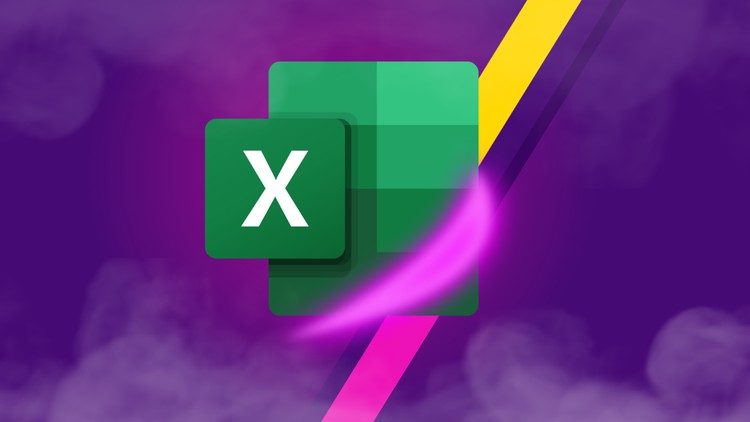
 Stephen Saxton
Stephen Saxton66 Lectures All Level
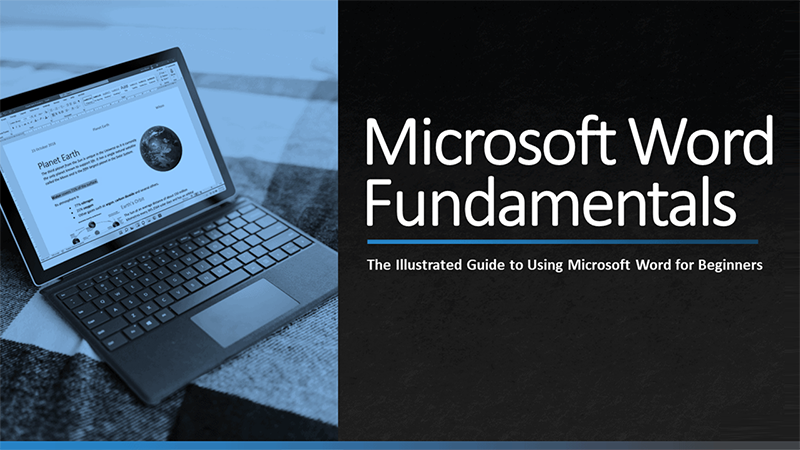
 Anna Clark
Anna Clark60 Lectures All Level

 Kamarthi Karthik
Kamarthi Karthik38 Lectures All Level
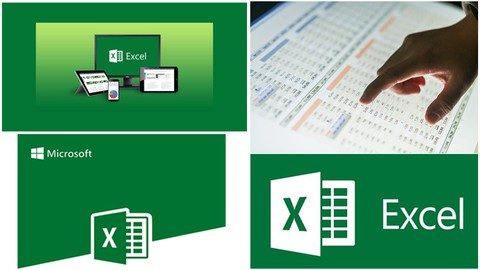
 Stephen Saxton
Stephen Saxton36 Lectures All Level

 ISAAC D GOTTLIEB
ISAAC D GOTTLIEB41 Lectures All Level
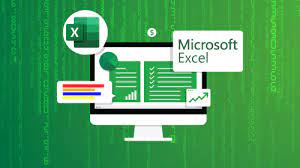
 LEMMY FRANCISCO KAWONGA
LEMMY FRANCISCO KAWONGA 85 Lectures All Level
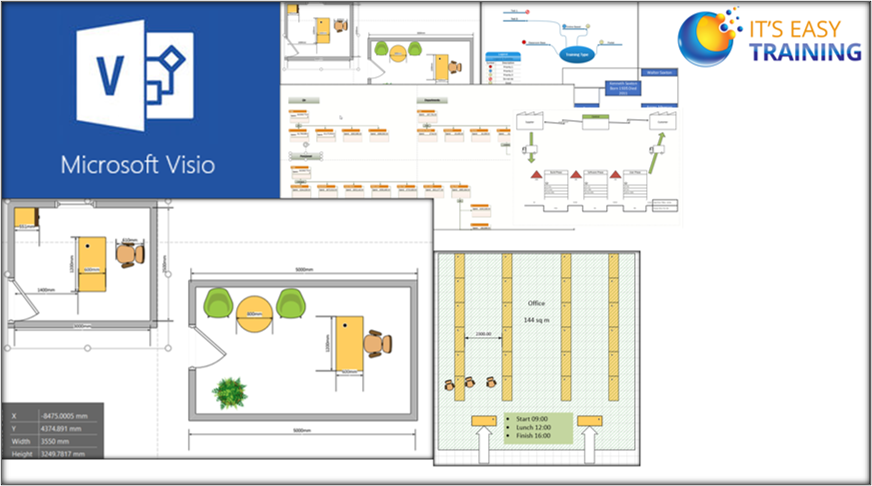
 Stephen Saxton
Stephen Saxton42 Lectures All Level
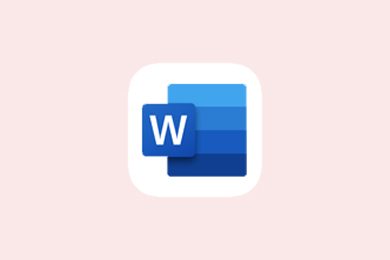
 Gerasimos Magoulas
Gerasimos Magoulas13 Lectures All Level
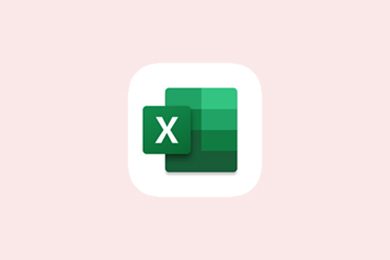
 Gerasimos Magoulas
Gerasimos Magoulas10 Lectures All Level

 Binary CodeSoft
Binary CodeSoft 8 Lectures All Level
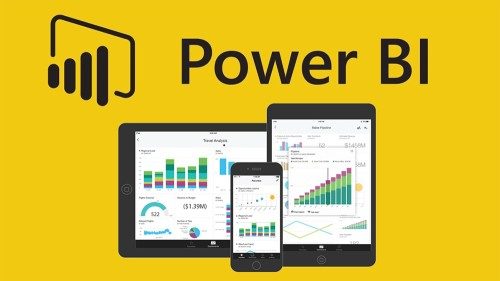
 Binary CodeSoft
Binary CodeSoft 9 Lectures All Level

 Asif Hafeez
Asif Hafeez28 Lectures All Level
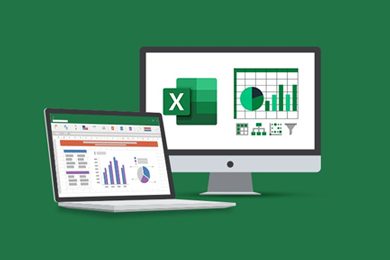
 Widhi Muttaqien
Widhi Muttaqien87 Lectures All Level

 Sarmad Jadoon
Sarmad Jadoon 93 Lectures All Level
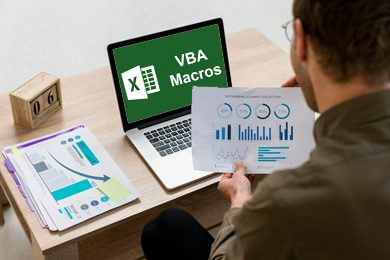
 Sarfaraz Mohammed
Sarfaraz Mohammed6 Lectures All Level

 Sarfaraz Mohammed
Sarfaraz Mohammed51 Lectures All Level

 AllQuant .
AllQuant .35 Lectures All Level
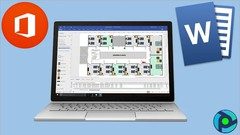
 LinCademy Training
LinCademy Training19 Lectures All Level
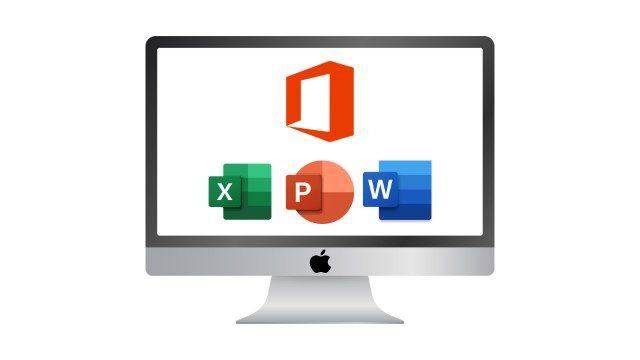
 Sekhar Metla (Microsoft Certified Professional) Sudha
Sekhar Metla (Microsoft Certified Professional) Sudha135 Lectures All Level
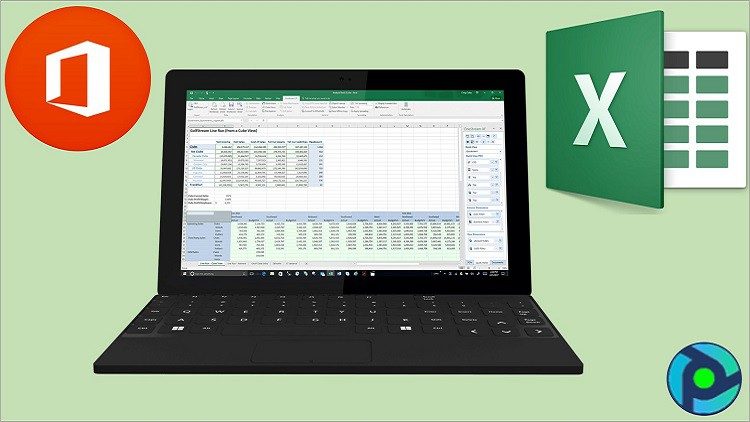
 LinCademy Training
LinCademy Training26 Lectures All Level
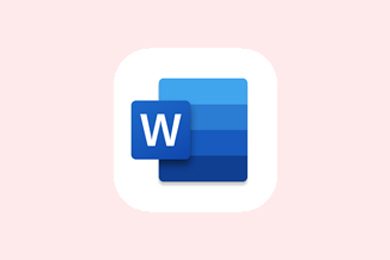
 LinCademy Training
LinCademy Training20 Lectures All Level
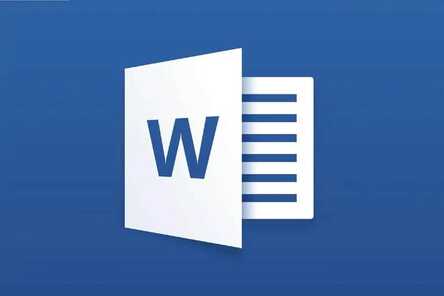
 Sanjay Kumar Singh
Sanjay Kumar Singh35 Lectures All Level
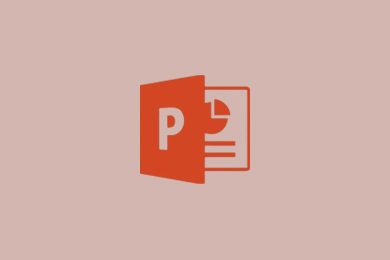
 Sanjay Kumar Singh
Sanjay Kumar Singh17 Lectures All Level
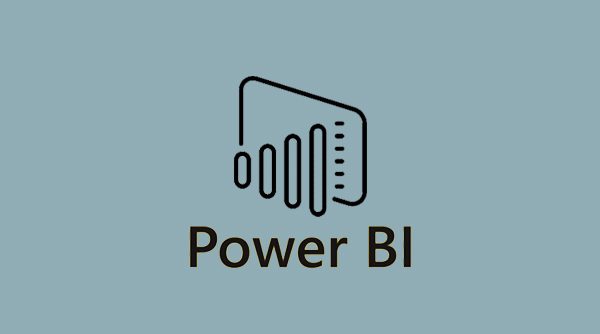
 Atul Kadlag
Atul Kadlag101 Lectures All Level
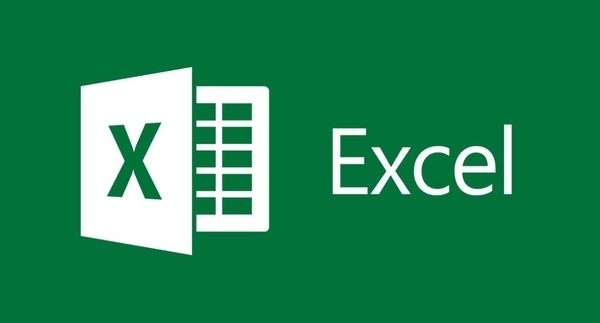
 Sanjay Kumar Singh
Sanjay Kumar Singh27 Lectures All Level

 Muhammad Ismail
Muhammad Ismail26 Lectures All Level
.jpg)
 Muhammad Ismail
Muhammad Ismail41 Lectures All Level

 Muhammad Ismail
Muhammad Ismail27 Lectures All Level
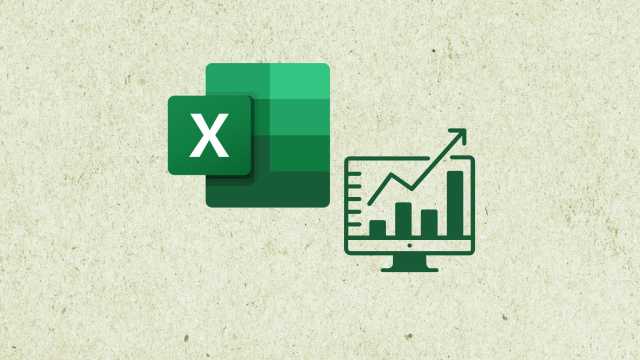
 Sekhar Metla (Microsoft Certified Professional) Sudha
Sekhar Metla (Microsoft Certified Professional) Sudha57 Lectures All Level

 Usama Hassan
Usama Hassan27 Lectures All Level

 Rahim Zulfiqar Ali
Rahim Zulfiqar Ali20 Lectures All Level
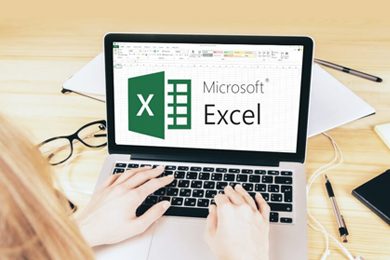
 Pradeep Raj
Pradeep Raj28 Lectures All Level
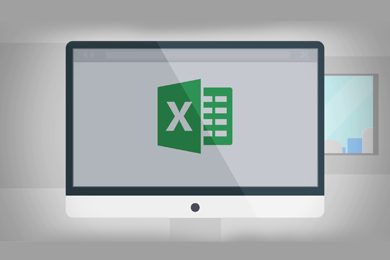
 Kerron Duncan
Kerron Duncan81 Lectures All Level

 Paul Eastwood Harris
Paul Eastwood Harris40 Lectures All Level

 Satyajit Pattnaik
Satyajit Pattnaik18 Lectures All Level
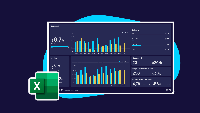
 Ismaila Omeiza Mumuni
Ismaila Omeiza Mumuni137 Lectures All Level
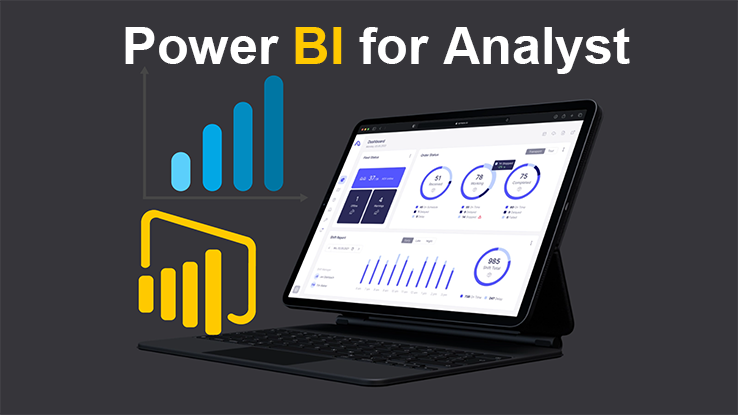
 Ismaila Omeiza Mumuni
Ismaila Omeiza Mumuni161 Lectures All Level
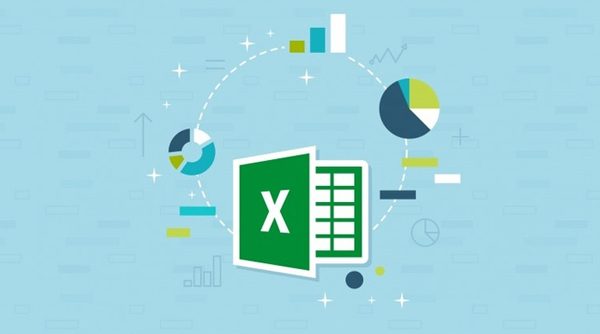
 Rahim Zulfiqar Ali
Rahim Zulfiqar Ali46 Lectures All Level

 Theodore Petrou
Theodore Petrou36 Lectures All Level
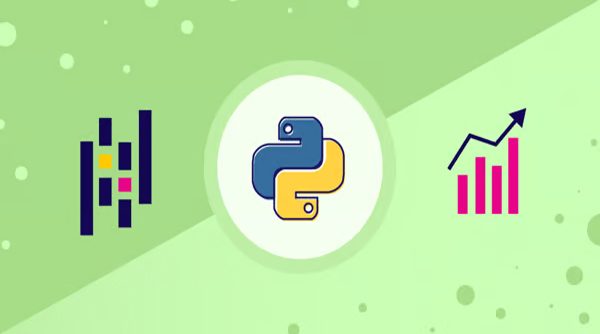
 Theodore Petrou
Theodore Petrou28 Lectures All Level
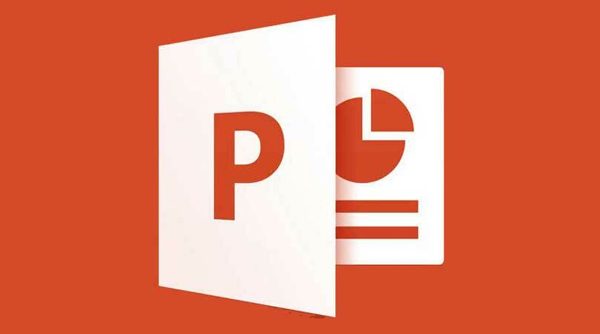
 SkillsOnDemand .
SkillsOnDemand .10 Lectures All Level

 SkillsOnDemand .
SkillsOnDemand .12 Lectures All Level
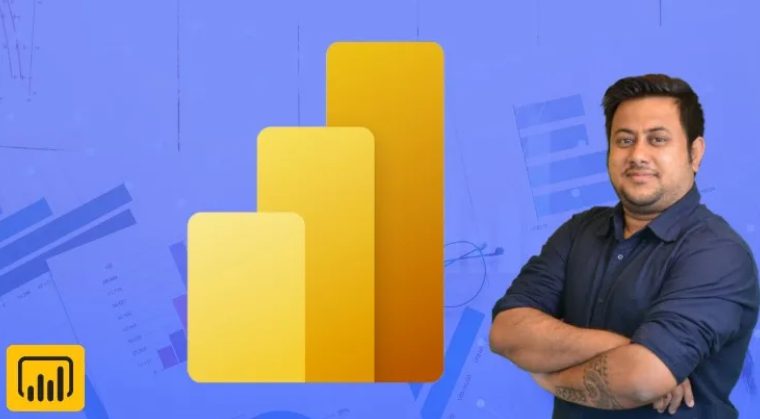
 Satyajit Pattnaik
Satyajit Pattnaik32 Lectures All Level

 Kathryn Tilley
Kathryn Tilley8 Lectures All Level

 Ahmad Sharifzadeh
Ahmad Sharifzadeh45 Lectures All Level
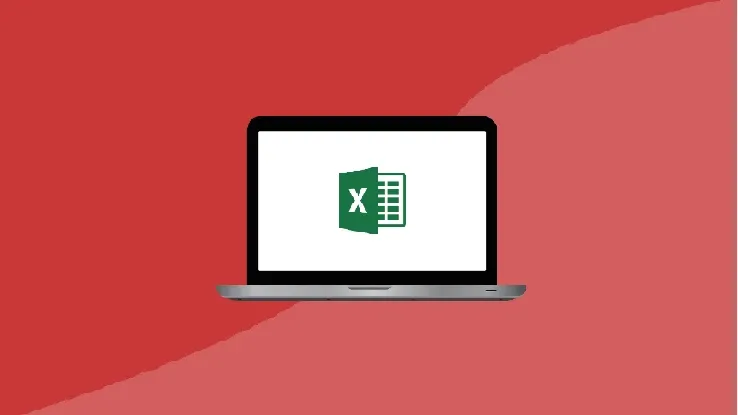
 Kathryn Tilley
Kathryn Tilley12 Lectures All Level

 Amey Karambelkar
Amey Karambelkar20 Lectures All Level
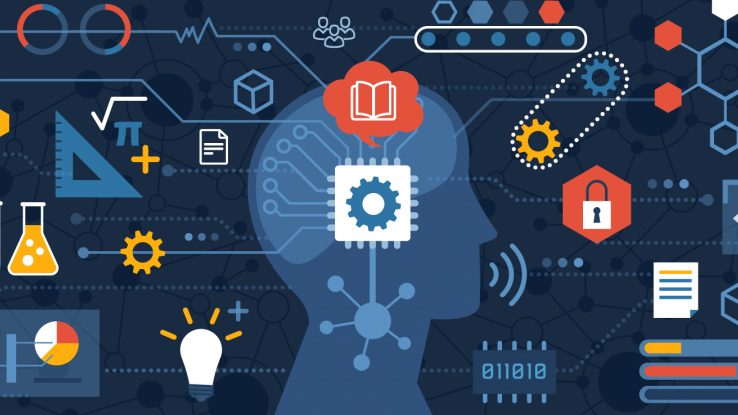
 Junaid Ahmed
Junaid Ahmed70 Lectures All Level

 Bhollamanbhavani
Bhollamanbhavani 42 Lectures All Level
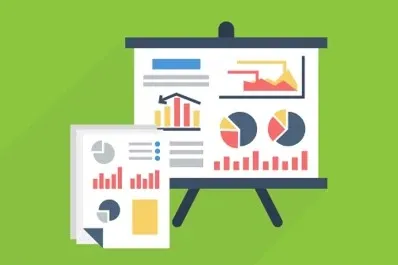
 Arthur Fong
Arthur Fong39 Lectures All Level
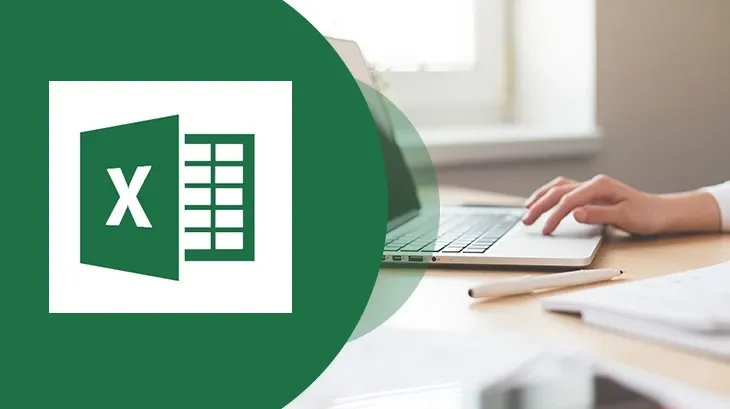
 Namita Devi
Namita Devi22 Lectures All Level

 Arthur Fong
Arthur Fong50 Lectures All Level
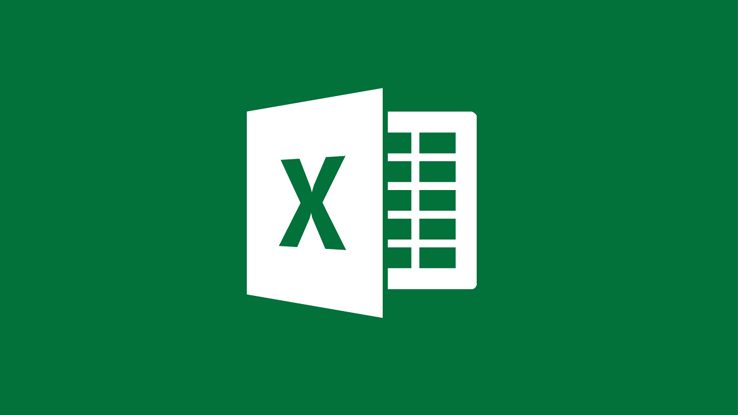
 Daniel Alexandru Petrescu
Daniel Alexandru Petrescu15 Lectures All Level
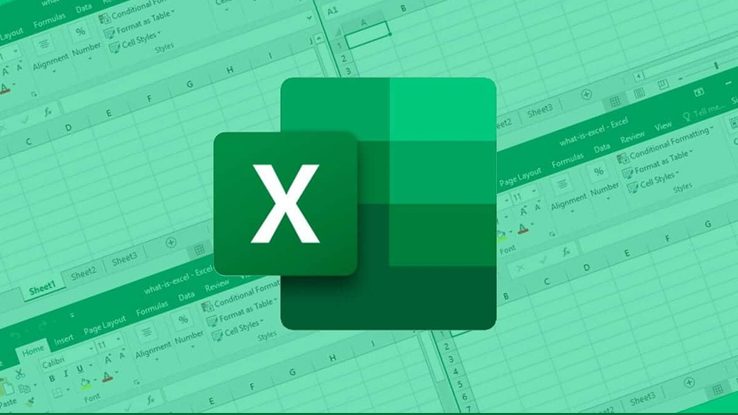
 Daniel Alexandru Petrescu
Daniel Alexandru Petrescu10 Lectures All Level

 Jan Ekhteyari
Jan Ekhteyari70 Lectures All Level
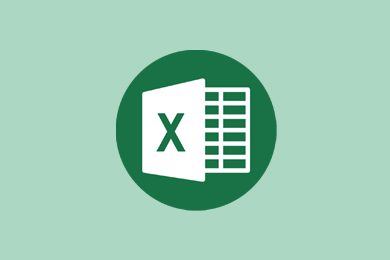
 Rajesh Vydhala
Rajesh Vydhala75 Lectures All Level

 Mohammed Marwan
Mohammed Marwan 16 Lectures All Level
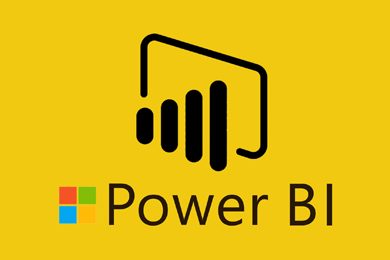
 Nikolai Schuler
Nikolai Schuler 137 Lectures All Level
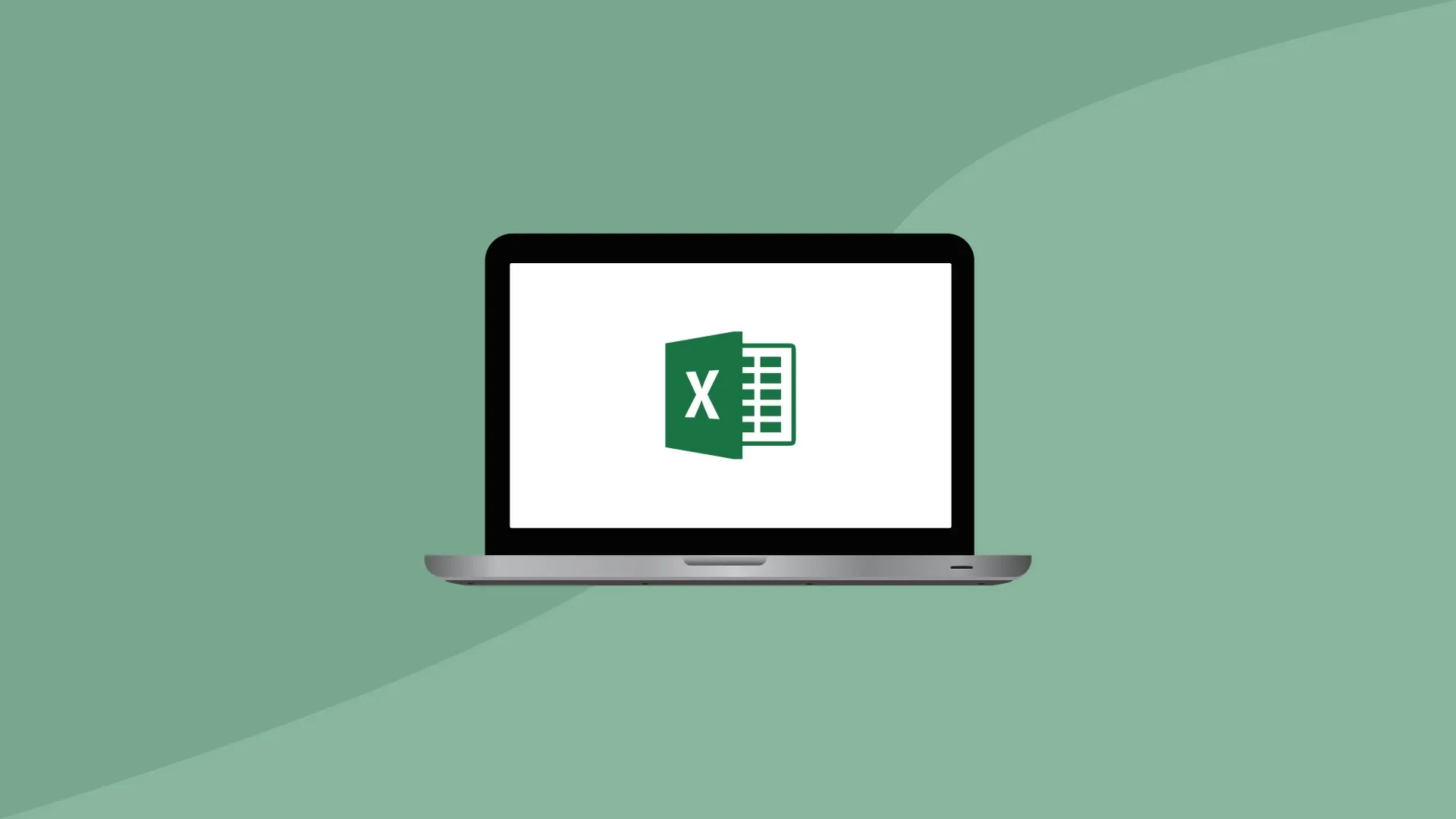
 Kathryn Tilley
Kathryn Tilley6 Lectures All Level
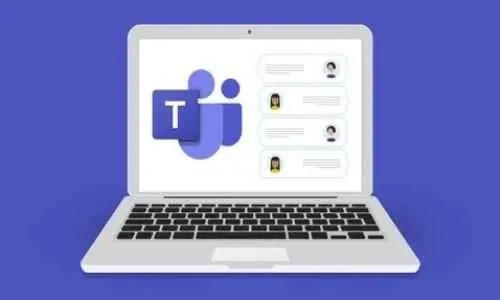
 Jan Ekhteyari
Jan Ekhteyari46 Lectures All Level
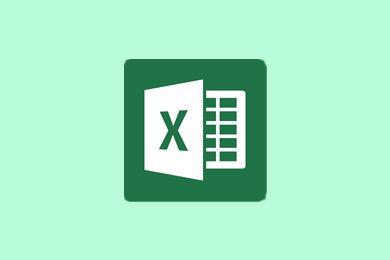
 Engr. M Khalid Husain .
Engr. M Khalid Husain .13 Lectures All Level
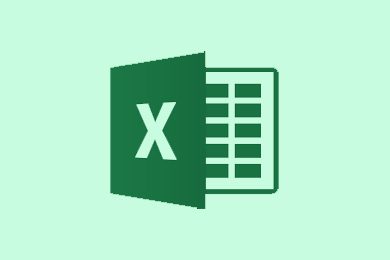
 Rajesh Vydhala
Rajesh Vydhala23 Lectures All Level
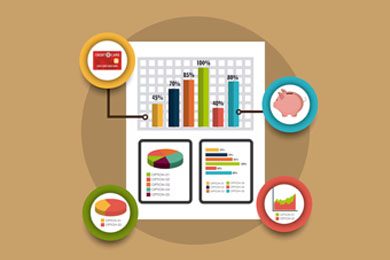
 SkillsOnDemand .
SkillsOnDemand .54 Lectures All Level

 Chandramouli Jayendran
Chandramouli Jayendran158 Lectures All Level

 Jan Ekhteyari
Jan Ekhteyari61 Lectures All Level
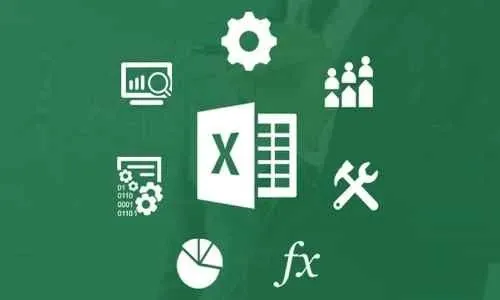
 Rajesh Vydhala
Rajesh Vydhala25 Lectures All Level

 Jan Ekhteyari
Jan Ekhteyari72 Lectures All Level
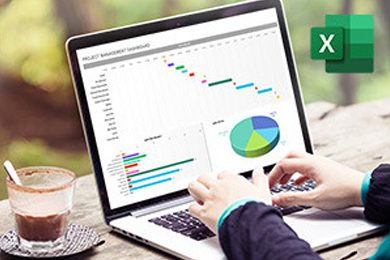
 SkillsOnDemand .
SkillsOnDemand .48 Lectures All Level

 Chandramouli Jayendran
Chandramouli Jayendran24 Lectures All Level
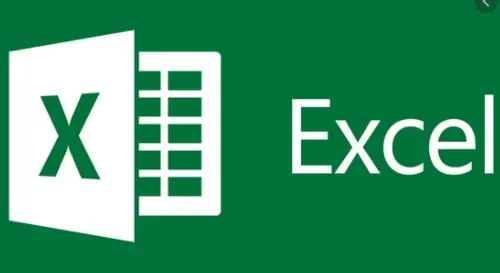
 Chandramouli Jayendran
Chandramouli Jayendran59 Lectures All Level
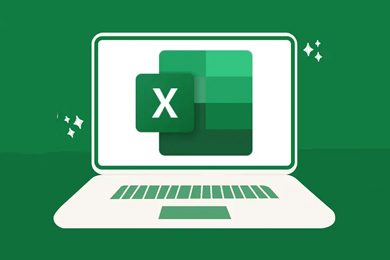
 Wesam Qawasmeh
Wesam Qawasmeh78 Lectures All Level
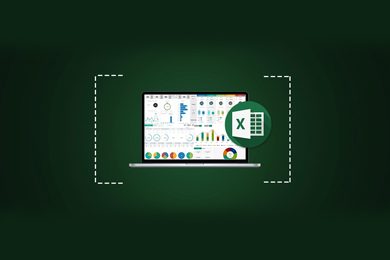
 Haytham Elmousalami
Haytham Elmousalami14 Lectures All Level
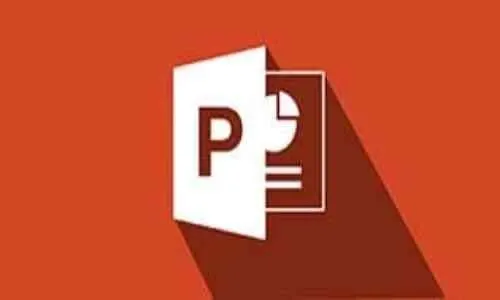
 Rahim Zulfiqar Ali
Rahim Zulfiqar Ali14 Lectures All Level

 Rahim Zulfiqar Ali
Rahim Zulfiqar Ali12 Lectures All Level
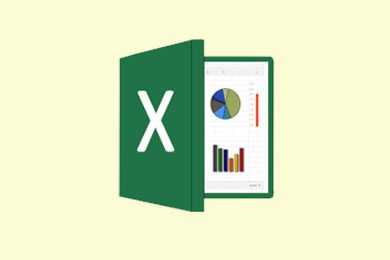
 Juan Galvan
Juan Galvan150 Lectures All Level
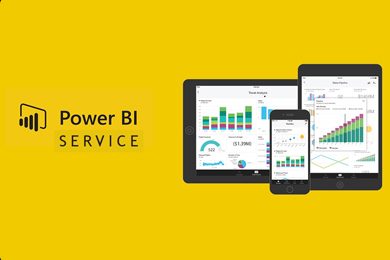
 Florian Fiducia
Florian Fiducia189 Lectures All Level

 Prashant Panchal
Prashant Panchal74 Lectures All Level
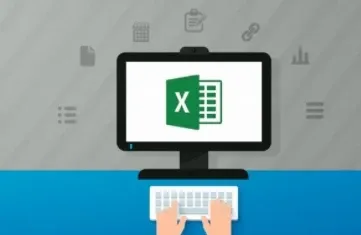
 Prashant Panchal
Prashant Panchal23 Lectures All Level
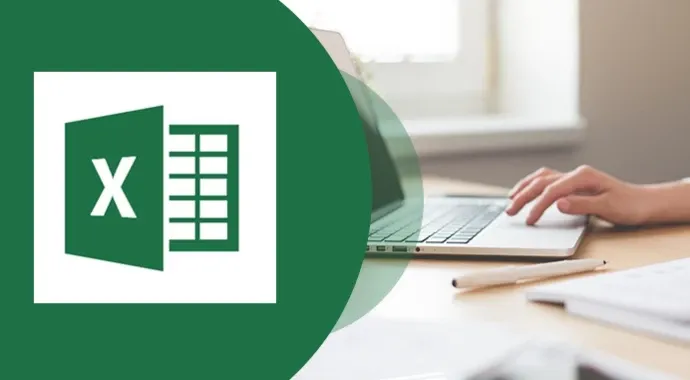
 Prashant Panchal
Prashant Panchal16 Lectures All Level

 SRINIVAS REDDY EXCELMAP
SRINIVAS REDDY EXCELMAP45 Lectures All Level
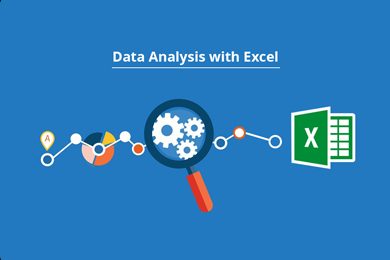
 SRINIVAS REDDY EXCELMAP
SRINIVAS REDDY EXCELMAP65 Lectures All Level
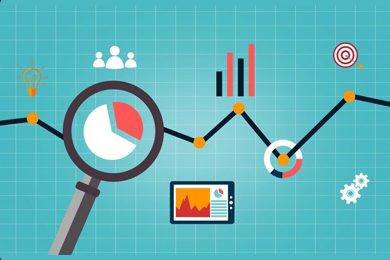
 MEHDI OUMOUSS OUMOUSS
MEHDI OUMOUSS OUMOUSS23 Lectures All Level
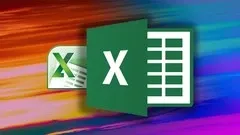
 Abdelrahman Abdou
Abdelrahman Abdou119 Lectures All Level

 Ross Maynard
Ross Maynard21 Lectures All Level

 Taylor Croonquist
Taylor Croonquist36 Lectures All Level
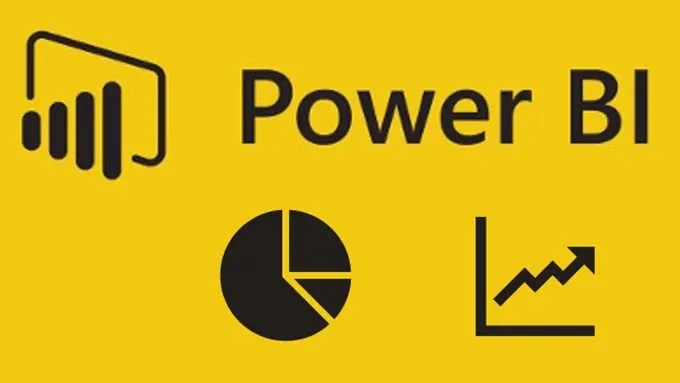
 Vardges Zardaryan
Vardges Zardaryan36 Lectures All Level

 Datahill Solutions
Datahill Solutions19 Lectures All Level

 Datahill Solutions
Datahill Solutions11 Lectures All Level
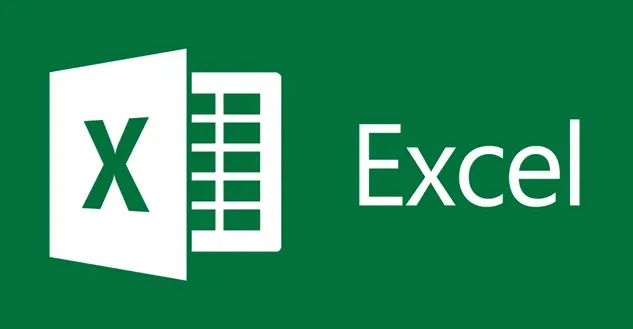
 Gaurav T
Gaurav T5 Lectures All Level

 Anurag Singal
Anurag Singal12 Lectures All Level

 Vardges Zardaryan
Vardges Zardaryan61 Lectures All Level

 Prof. K Krahenbill
Prof. K Krahenbill45 Lectures All Level

 Brian Jackson
Brian Jackson25 Lectures All Level
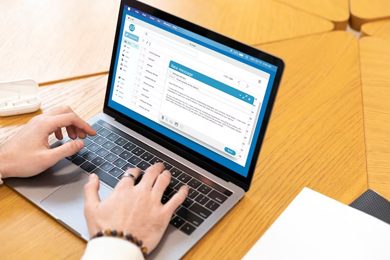
 Brian Jackson
Brian Jackson7 Lectures All Level

 Brian Jackson
Brian Jackson114 Lectures All Level

 Brian Jackson
Brian Jackson34 Lectures All Level

 Muhammad Ali Yasin
Muhammad Ali Yasin16 Lectures All Level
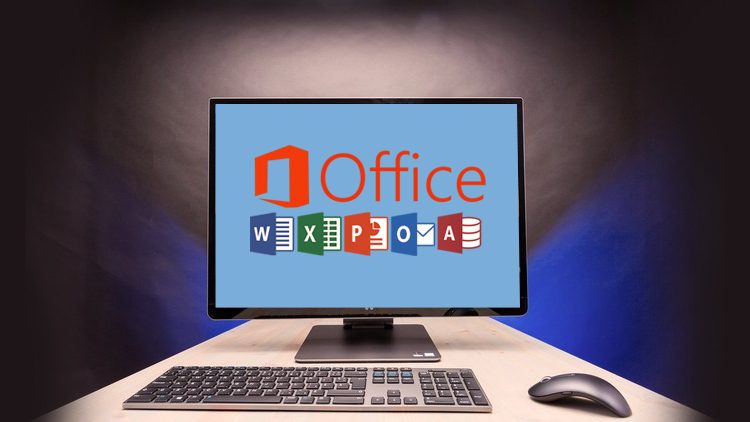
 Chip Reaves
Chip Reaves70 Lectures All Level
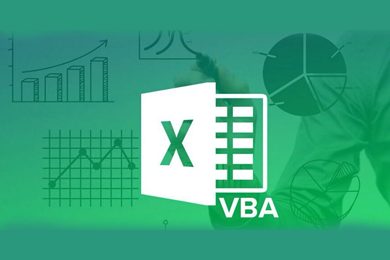
 Daniele Protti
Daniele Protti66 Lectures All Level
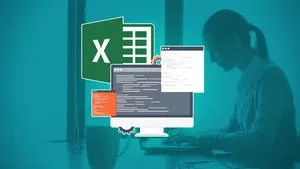
 Daniele Protti
Daniele Protti223 Lectures All Level
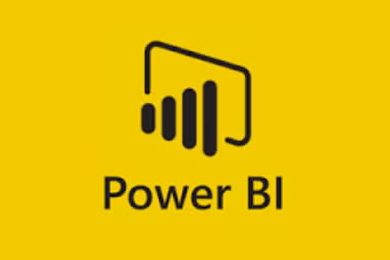
 Deepesh Vashistha
Deepesh Vashistha41 Lectures All Level

 Phikolomzi Gugwana
Phikolomzi Gugwana25 Lectures All Level
Microsoft Access is a relational database management system (RDBMS) included in the Microsoft Office suite. It allows users to create and manage databases for organizing and storing data.
To create a new database, open Access, click on "Blank Database," specify a name and location, and define tables to structure the data. Access provides a user-friendly interface for designing databases.
Yes, Access supports linking to external data sources, including other Access databases, Excel spreadsheets, and SQL Server databases. This enables users to integrate and analyze data from various sources.
Access allows users to set permissions and password protection for databases. By defining user roles and access levels, you can control who can view, edit, or modify data, ensuring data security and integrity.
Relationships in Access define how tables are connected based on common fields. Establishing relationships ensures data integrity, facilitates efficient data retrieval, and reduces redundancy in the database.





